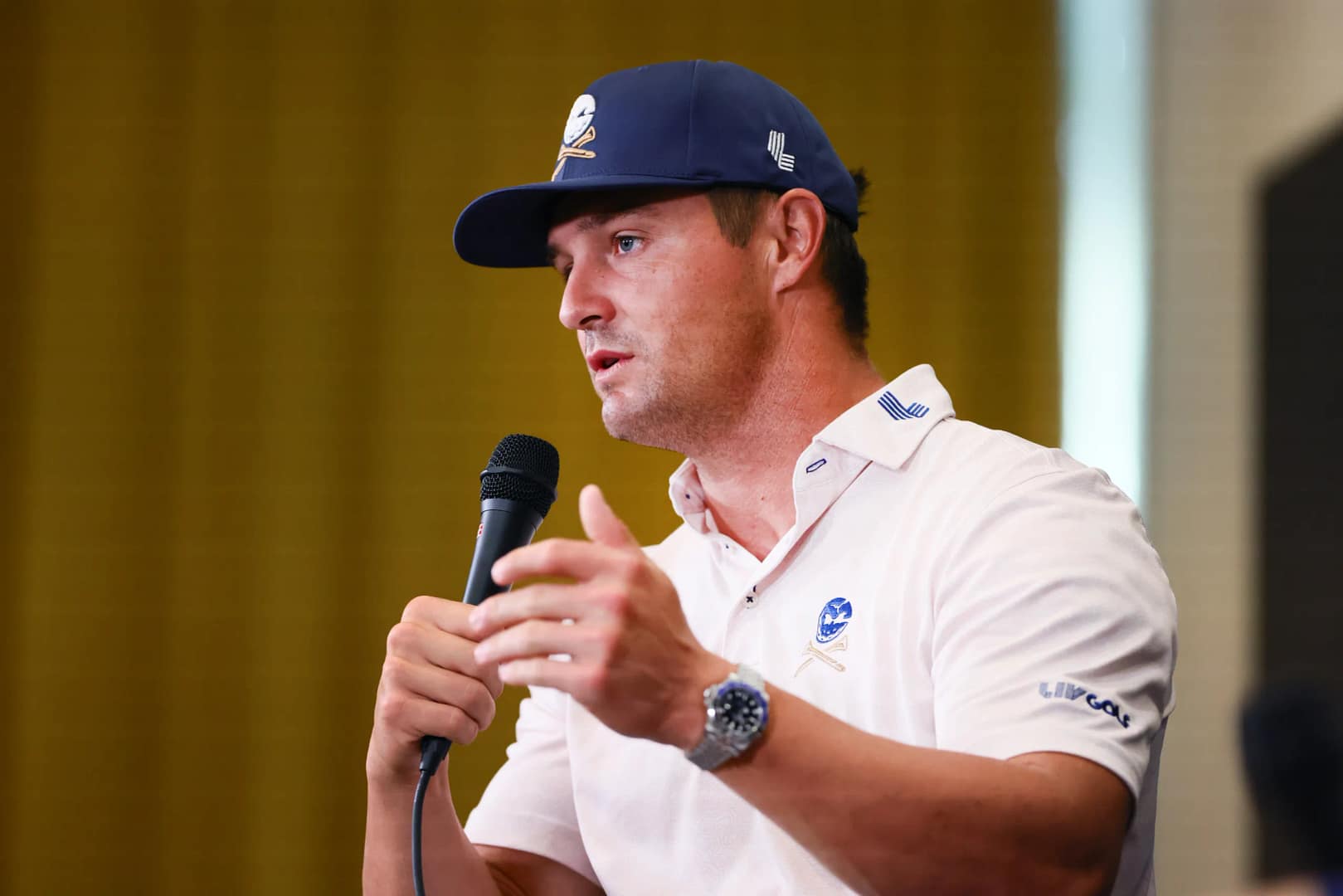In recent discussions, players from both the PGA Tour and LIV Golf have found common ground on a critical issue facing the sport: the ongoing division within professional golf is not a viable long-term strategy.
Rory McIlroy, a prominent figure in golf, has been vocal about the need for unity in the sport, particularly in the lead-up to the 2024 Masters, where players from both tours will compete. This event is pivotal, as it symbolizes a potential step toward reconciliation in the golfing community. Thirteen players from LIV Golf, including leaders and influencers within the league, have underscored the urgency of fostering unity for the sport’s sustainability.
Bryson DeChambeau, ahead of the LIV Golf event in Miami, emphasized the critical role fans play in golf’s ecosystem. “Without fans, there’s no golf,” DeChambeau remarked, highlighting the immediate need for a collaborative approach to ensure the sport’s future. The consensus is clear: the division is unsustainable, and there is a collective desire to preserve and enhance the game loved by many.
Jon Rahm, a notable athlete who transitioned to LIV Golf
Jon Rahm, a notable athlete who transitioned to LIV Golf, expressed optimism about the coexistence of both tours, envisioning a future where competition leads to innovation and growth, ultimately benefiting fans and players alike. Rahm’s defence of his Masters title is not just about personal achievement but also symbolizes the potential for harmony within the sport.
Phil Mickelson, reflecting on the sport’s current state of flux, views this period of disruption as a precursor to a more inclusive and global golf community. This vision includes broader opportunities for players worldwide and advancements in golf-related industries, from equipment manufacturing to course design.
The conversation around golf’s future also touches on the business and regulatory aspects, with PGA Tour Enterprises seeking significant investment to foster growth and innovation. This move, while ambitious, has attracted attention from regulatory bodies, underscoring the complexity of navigating golf’s evolution in a way that respects both tradition and the need for progress.
As the sport stands at a crossroads, the unity and collaboration of its players, organizations, and fans are imperative. The path forward requires embracing change, fostering global engagement, and ensuring that golf remains a beloved sport for generations to come. The 2024 Masters represents more than just a tournament; it’s a beacon of hope for the future of golf, signalling a potential return to unity and shared success.


